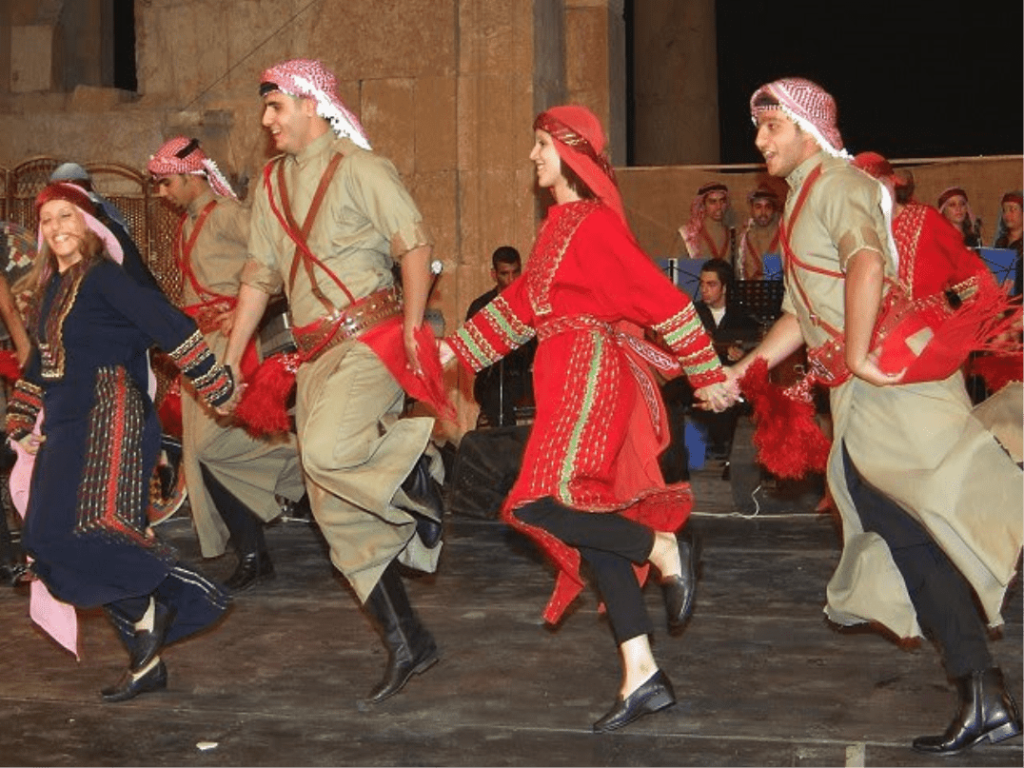Geography
Location: Situated in the heart of the Middle East, Jordan is bordered by Syria to the north, Iraq to the northeast, Saudi Arabia to the south and southeast, and Israel and the West Bank to the west, with a small coastline along the Red Sea to the southwest.

Topography:
Jordan’s terrain ranges from fertile valleys and plains in the west to arid desert regions in the east, including the expansive Wadi Rum desert and the rugged landscapes of the Jordan Rift Valley.

Climate:
The climate varies from the Mediterranean in the west to arid desert in the east, with hot summers and cool winters, and significant temperature variations between day and night.
History
Ancient Civilization:
Jordan is home to ancient civilizations such as the Nabateans, whose capital Petra is a UNESCO World Heritage Site, as well as the Roman Empire and Byzantine Empire.


Modern Statehood:
Established as a modern state in 1946, Jordan has played a key role in regional geopolitics, including conflicts with Israel, peace agreements, and refugee crises, particularly during the Arab Israeli conflicts.
Leader
Current Leader:
Jordan operates as a constitutional monarchy, with King Abdullah II serving as the head of state and government since 1999.

Governance:
Jordan’s governance structure includes a bicameral parliament, consisting of the Senate and the House of Representatives, and a Prime Minister appointed by the King.
Economic Overview
Main Sectors:
Jordan’s economy is diverse, with significant contributions from sectors such as tourism, agriculture, manufacturing, and services, including finance and telecommunications.

Relation with Pakistan:
Economic ties between Jordan and Pakistan are modest but have potential for growth in areas such as trade, investment, and cooperation in sectors like healthcare and education.

Strategic Importance
Regional Stability:
Jordan plays a key role in promoting stability and peace in the region, particularly in relation to the Israeli-Palestinian conflict and efforts to combat terrorism and extremism.
Refugee Crisis:
Jordan has been significantly impacted by refugee crises, hosting millions of Palestinian, Iraqi, and Syrian refugees, which has strained resources and infrastructure.

Cultural and Social Aspects
Cultural Heritage:
Jordan boasts a rich cultural heritage, with historical sites such as Petra, Jerash, and the Dead Sea, attracting millions of tourists each year. Bedouin culture and traditions are also integral to Jordan’s identity.

Diaspora and Connections:
The Jordanian diaspora is spread across the globe, with communities in countries like Pakistan contributing to cultural exchange and economic ties.

